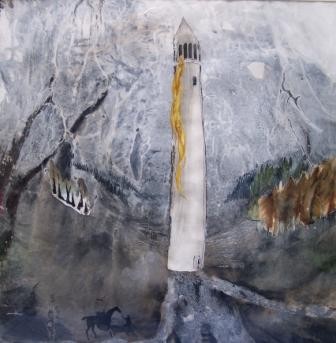Moving Outside the Cave
DOI:
https://doi.org/10.13135/2038-6788/9193Keywords:
Citizenship, Classroom, Education, Philosophy and Public Sphere, Plato, Protagoras, Public SphereAbstract
Academic philosophers frequently use Plato’s portrait of Socrates in the Apology as a model for our own pedagogical endeavors. Like Socrates, we see philosophy as the practice that aims toward wholeness, a practice that heals the wounds of embodied existence. We primarily do this work within the boundaries of our classrooms. As a result, we often focus on the private dimensions of our work, our academic publishing, our preparations for classroom lectures and discussions, as the main ground in which we hope our philosophical seeds will take root. We overlook the importance of planting philosophical seeds in the community gardens of the world, at least the world outside of the classroom.
I see two main problems with philosophers keeping their philosophical work inside the ivory towers: 1. People outside of academic circles often do not see the value of what we do in the classroom. As a result, the importance of education as an intrinsic good is consistently devalued in our society. 2. The public sphere is shockingly devoid of meaningful philosophical exchange about ideas. As a result, there is an increasing distrust of the public sphere as a civil space where citizens engage each other. In this paper, I turn to Plato’s Protagoras to find resources to help teachers (and students) navigate the complex terrain of contemporary academia and its place in cultivating an informed citizenry.


